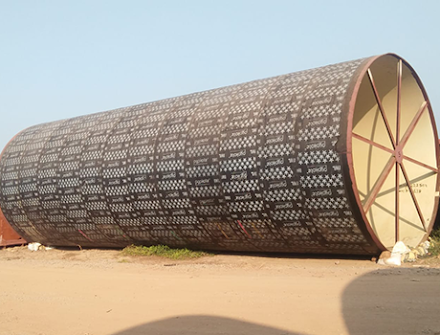4 Reasons Why Your Pipes Could Be Leaking
Nobody likes leaking pipes. They are, at best, a waste of water. In the worst case, they can cause serious damage to homes which could cost thousands of dollars to repair. The most important thing to do when trying to find a long-term solution for leaky pipes is to understand the cause of the problem. In this regard, we've put together four of the most common reasons for leaks in water from your home. This will aid you in taking the needed steps to prevent a potential leak from causing water damage prior to it becoming an emergency and also tell you why pipe wrapping is important.
Corrosion
Pipe corrosion is a frequent source of leaks and leaks, with the J-trap or U-shaped pipe beneath the sink, being most at risk of degrading. There are many factors that can act together to cause corrosion. These include the following:
The pipe's material: Many older homes have pipes constructed of materials that make them susceptible to corrosion and rust like galvanised steel. PVC is the best and most durable pipe material available, but it could deteriorate when exposed to aggressive chemicals.
Chemical Drain Cleaners The tough and acidic chemical compounds in drain cleaners can cause destruction to pipes and that is why many prefer to have coal tar epoxy to fight against chemical issues.
Very hot or hard water: Mineral-rich, hard water is more damaging to pipes than soft or soft. Hot water may cause corrosion to worsen.
High-Pressure Water
High pressure in your water will not just raise your bill for water; similarly, corrosion, it could stress your pipes and eventually lead to leaks. There are a variety of elements that affect the water pressure inside your home, including the location and the number of houses connected by the main water line. The majority of pipes are able to handle a particular threshold, which is approximately an 80 PSI (pounds in sq inches) which is anything more than this could cause damage to the pipe. Moreover, with pipe wrapping you can avoid this issue for a longer time.
Rapid Temperature Change
Temperature fluctuations that are extreme could cause pipes to expand or shrink as the water flowing through them freezes, then melts. The rapid expansion and contraction can stress pipes until they crack or leak or explode.
To keep your pipes safe from bursting and freezing be sure to close off the water lines that connect to faucets outside prior to the first cold snap or opt for coal tar epoxy layer just like many manufacturing companies.
In the event that it's merely an occasional drop, then a bucket may suffice until you figure out how to resolve the issue. If there's more of a "flow" and has the potential to cause damage, you must shut off the appliance that's flowing; however, if that's not possible, then locate and turn off the principal water supply valve. If the water is flowing in proximity to electrical outlets, shut off the power to protect yourself.
Endnotes
These are the 4 reasons why your pipe could be leaking. We hope you will find this information useful.

Comments
Post a Comment